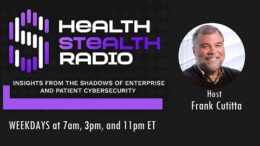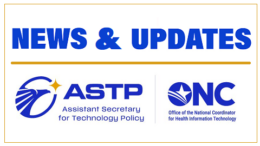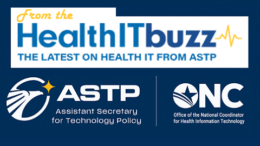Will AI Bring Down Healthcare Costs?
By Zac Amos – Artificial intelligence has grown ubiquitous, infiltrating various industries including healthcare. With rising prices and increasing demands for service, professionals are keenly interested in how AI can supercharge workflows and reduce expenses.
Read More








